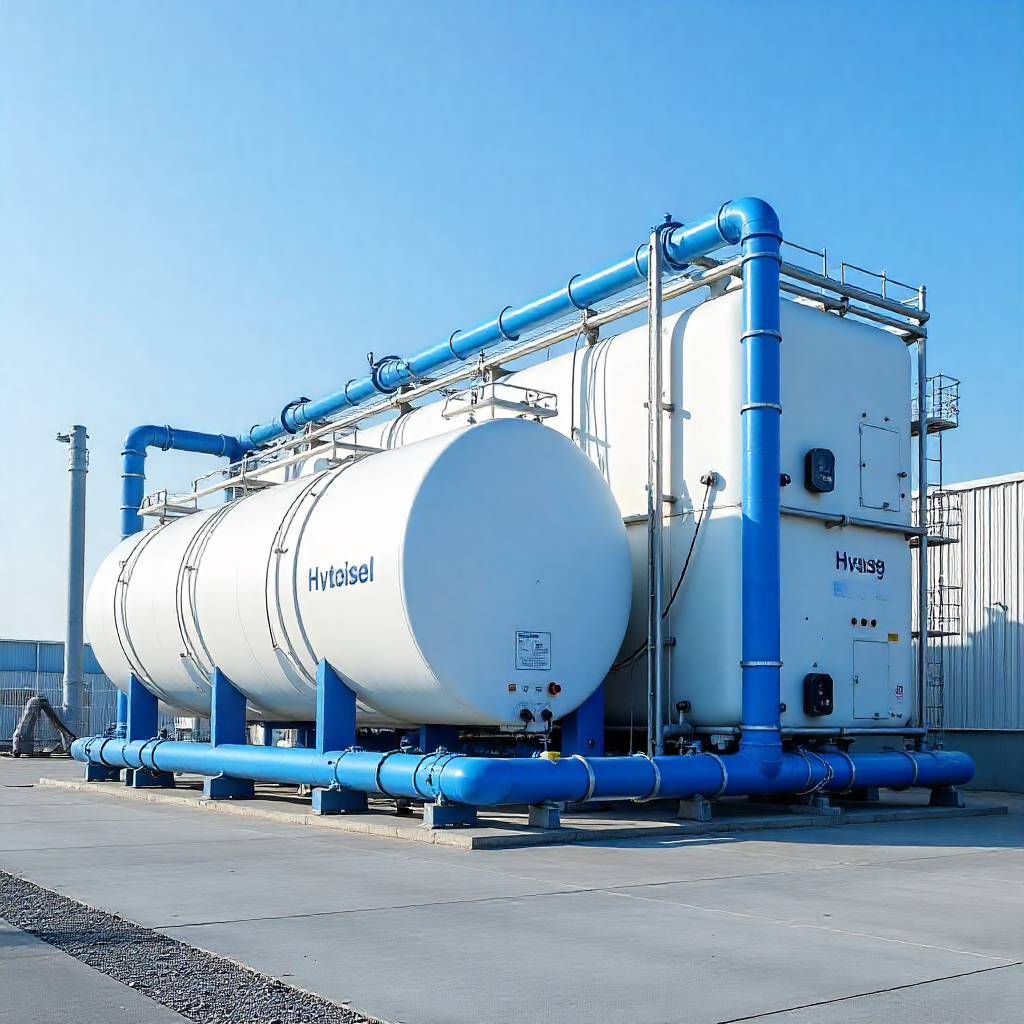Vikram Solar, a leading solar energy solutions provider in Unlisted Market, has made headlines with two major announcements that underscore its growing influence in India's solar manufacturing sector. On May 17, Vikram Solar revealed that it had secured a 397.7 megawatt peak (MWp) solar module supply order from NTPC Renewable Energy Ltd. for NTPC’s Khavda plant in Gujarat. This substantial order is part of the larger 1,255 MW Khavda Solar Project, a significant initiative that adheres to the Domestic Content Requirement (DCR), supporting India's push for domestic solar manufacturing.
In addition to this, on May 2, Vikram Solar secured a 250 MW order from Gujarat Industries Power Company Limited (GIPCL) for high-efficiency bifacial photovoltaic (PV) modules. These orders not only highlight Vikram Solar’s industry prominence but also its alignment with the "Make in India" initiative and its focus on innovation and advanced technology.
What is DCR?
The Domestic Content Requirement (DCR) is a policy mechanism used to support and promote local manufacturing industries. In the context of solar energy projects in India, the DCR mandates that certain components, particularly solar cells and modules, must be sourced domestically. This requirement aims to boost the domestic solar manufacturing industry, reduce dependency on imports, and foster the growth of local businesses.
Key Highlights
1. Major Supply Order for NTPC’s Khavda Project:
Vikram Solar's 397.7 MWp supply order from NTPC Renewable Energy Ltd. is a testament to the company's capabilities in delivering large-scale solar solutions. The Khavda project, with a total capacity of 1,255 MW, is a critical component of India's renewable energy expansion.
2. Compliance with Domestic Content Requirement (DCR):
The adherence to the DCR demonstrates Vikram Solar’s commitment to boosting domestic manufacturing. This requirement ensures that a significant portion of the project’s components are sourced from within India, fostering local industry growth and reducing dependency on imports.
3. Significant Order from Gujarat Industries Power Company Limited:
The 250 MW order from GIPCL involves high-efficiency bifacial PV modules, which are known for their ability to capture sunlight on both sides, thus increasing overall efficiency and energy yield. These modules range in capacity from 540Wp to 570Wp, highlighting the technological advancements that Vikram Solar brings to the table.
4. Strategic Alignment with National Initiatives:
Both orders align with the "Make in India" initiative, which aims to enhance indigenous manufacturing capabilities. By focusing on domestic production and innovative technologies, Vikram Solar is playing a crucial role in achieving India’s renewable energy targets.
Industry Impact and Future Outlook
These recent developments position Vikram Solar as a key player in India’s solar manufacturing industry. The company’s ability to secure large-scale orders from prominent organizations like NTPC and GIPCL underscores its reliability and the trust it has built within the industry. Gyanesh Chaudhary, Chairman & Managing Director of Vikram Solar, emphasized the strong partnership with NTPC, citing a shared commitment to excellence.
The orders not only reflect Vikram Solar’s strategic focus on innovation but also its commitment to supporting local manufacturing. The estimated value of the 397.7 MWp supply order for NTPC's Khavda project stands at $200 million, indicating the significant economic impact of such projects.
Technological Advancements
The use of bifacial PV modules in the GIPCL order showcases Vikram Solar’s dedication to leveraging cutting-edge technology. These modules, approved under the Approved List of Models and Manufacturers (ALMM), ensure high standards and efficiency, contributing to cost-effective solar power solutions.
Contribution to Renewable Energy Goals
By securing these substantial orders, Vikram Solar is significantly contributing to India’s renewable energy goals. The company’s projects enhance solar energy capacity and support the country’s transition towards sustainable energy sources.
Conclusion
Vikram Solar’s recent achievements underscore its growing prominence in the solar manufacturing sector. The company's strategic alignment with national initiatives, focus on innovation, and commitment to excellence position it as a pivotal player in advancing India’s renewable energy landscape. These orders not only boost the domestic solar manufacturing industry but also pave the way for future technological advancements and economic growth.




